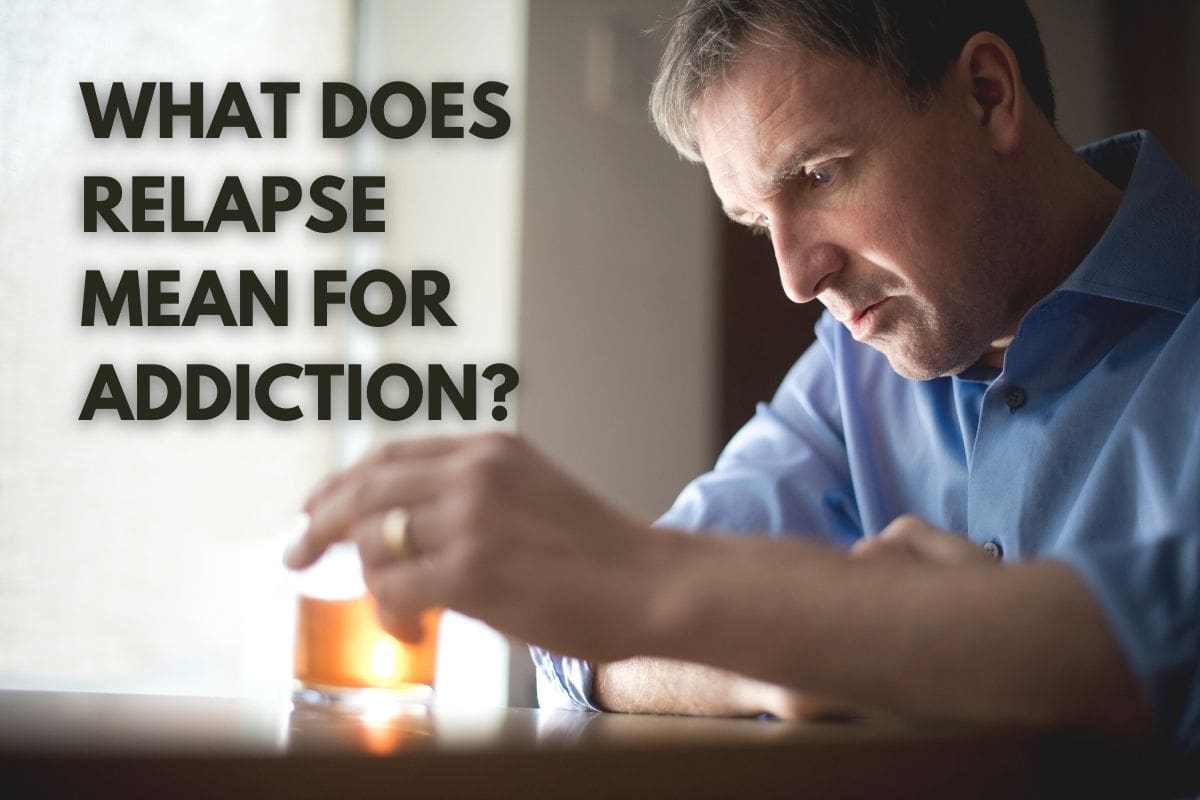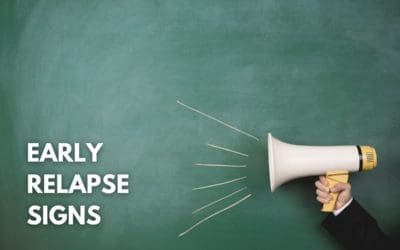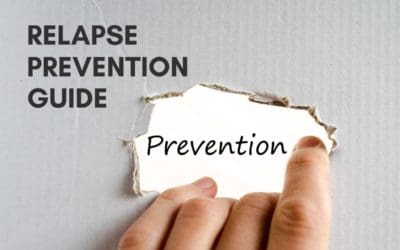If you are battling substance abuse or addiction, you may have heard the term “relapse.” Relapse is defined as when a person in recovery resumes abusing drugs or alcohol again after achieving short- or long-term abstinence. A relapse might result in you returning to addiction and needing to re-enter treatment. Read on to learn more about what relapse means in addiction recovery.
What Does Relapse Mean in Medical Terms?
‘Relapse’ is a term that can be applied to various situations and medical conditions. The Macquarie Dictionary defines it as “falling or slipping back into a former state, practice, etc. It is described as “deterioration in a patient’s condition after a partial recovery” in the Australian Concise Oxford Dictionary.
In purely medical terms, relapse means the return of a disease or the symptoms of a disease after a period of improvement. People with diagnoses such as cancer, diabetes, and allergies may all experience relapse at some point in their recovery. With all of these diseases, relapsing can significantly impact their day-to-day lives. This is no different with addiction.
What’s Relapse in Addiction?
A relapse (or multiple relapses) is an unavoidable part of recovering from drug addiction, and it is often a part of the process. A relapse occurs when a person abandons their goal of reducing drug use and reverts to previous use levels.
“Relapse” is defined by the American Society of Addiction Medicine (ASAM) as the return of behavioral or other substantive signs of active disease following a period of remission. For people trying to control their behavior rather than quitting entirely, a relapse happens when they had gained control over the behavior but are re-experiencing a period of uncontrolled behavior.
How to Deal With Relapse in Addiction
Here’s an essential part of relapse in addiction: it’s not a death sentence, nor does it means you’ve failed. If you do relapse, here are some tips to help you get back on route.
1. Reach Out for Help
You can cope with relapse by seeking support from family, friends, and other sober individuals. Surrounding yourself with people you love can help you remember that you are not alone, and sober friends can offer advice and direction on how to get back on track after a relapse.
2. Lighten Your Load
Sometimes, you will find yourself back in the middle of work, school, or home and quickly become exhausted. You take on too much and realize that you cannot meet your obligations. It’s important to lighten the load here. Only deal with what you have to deal with right now. Concentrate on getting back on track. That should be your top priority.
3. Focus On Self-Care
Neglecting your physical and emotional well-being can lead to substance abuse. Adopt healthy lifestyle habits, such as obtaining adequate sleep and rest, eating nutritious foods, and maintaining a clean living environment. Focus on nurturing your self-image by engaging in activities that you enjoy and benefit you.
4. Avoid Triggers.
Being in the presence of triggers soon after a relapse can make you crave drugs. To keep a relapse from happening again, try to avoid as many triggers as possible, such as places, people, and things that remind you of your substance abuse. If you can’t prevent any of your triggers, try to limit your contact with them right after you relapse, or at least until you’re more confident in your ability to function without using them.
5. Be Kind to Yourself
Don’t be too hard on yourself if you have a relapse. It will be difficult to overcome your tendency to be tough on yourself, but you need to change your mindset to be kind to yourself.
6. Set Healthy Boundaries
Boundaries are the limits we make to protect ourselves from harm. Boundaries that are too poor or weak can lead to negative emotions like resentment and anger, as well as threats to your sobriety. Setting good boundaries can entail avoiding harmful or abusive people and avoiding potentially dangerous situations. Set boundaries with people who do you no good and drag you down.
Do I Have to Go back to Rehab After Relapse?
Depending on the severity of your relapse, you may need to return to rehab. The length and degree of substance misuse are two factors to consider when determining whether you need to go back or not.
A relapse is a significantly more severe occurrence in which a person returns to a drug or alcohol misuse pattern in a matter of days or weeks.
Relapse does not imply that the treatment program was ineffective; rather, it indicates that the treatment strategy requires reinforcement or modification.
Sources:
https://www.oxfordlearnersdictionaries.com/us/definition/english/relapse_2
https://www.cancer.gov/publications/dictionaries/cancer-terms/def/relapse

































